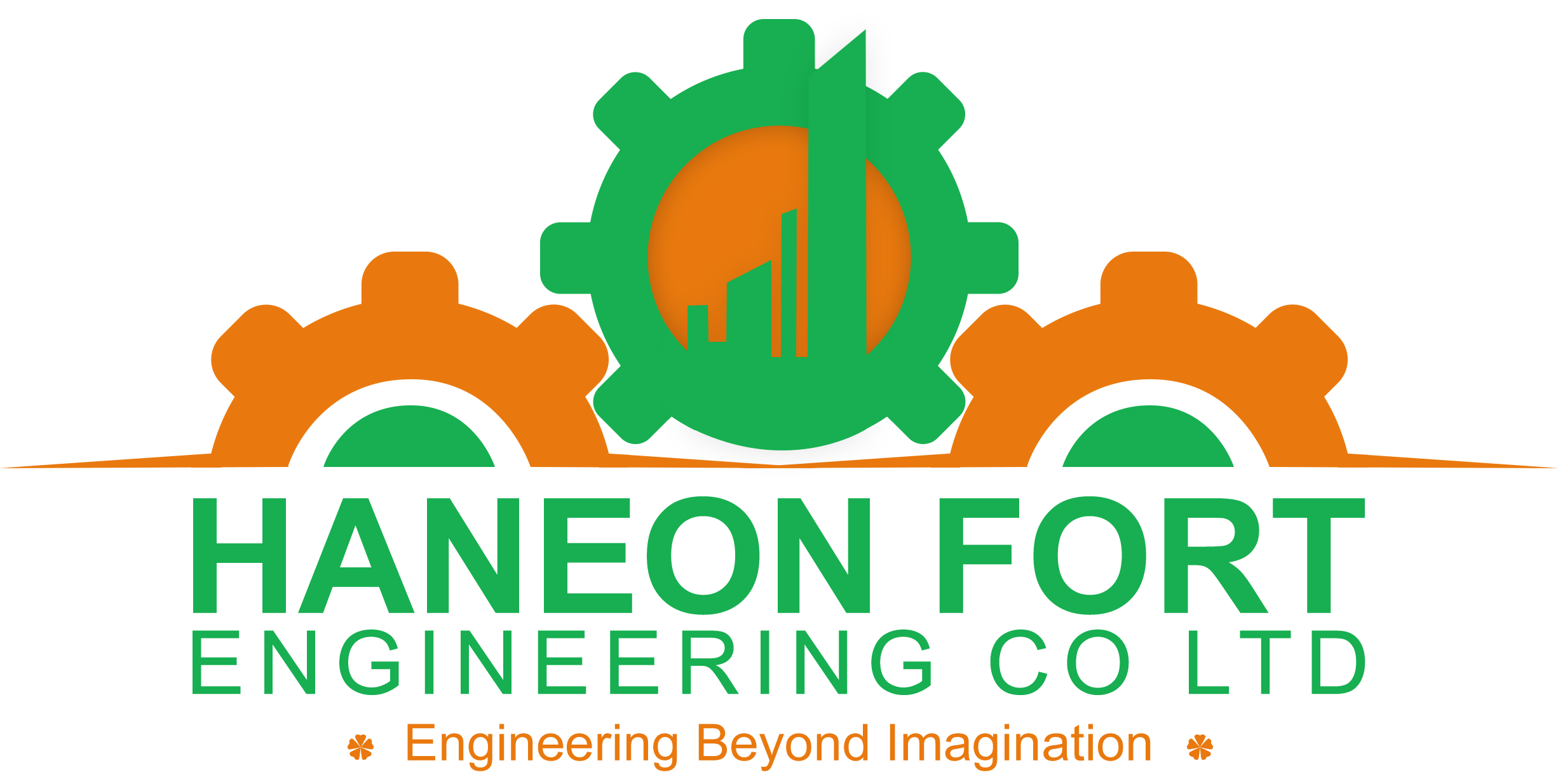Checkout
$ 2,000.00Register
Course Overview
Process plants, such as refineries and petrochemical plants, consist of a complex network of piping systems for conveying process fluids and products to and from equipment. The design of piping systems constitutes a major part of the design and engineering activities during project development with the ultimate objective designing a safe process facility economically that will operate in an energy efficient manner.
This program will provide participants the knowledge and skills required tol have a clear understanding of the design and engineering principles used in piping system design.
Day One
Introduction – Plant Engineering
- Piping Engineer Role & Scope of Activities
- Environmental & design considerations
- Pipe dimensions and pipe representation
- Process equipment piping requirement
- Design requirements of different process plant
- Use of pipe data tables
- Pipe joining methods
- Pipe fittings
- Elbows
- Reducers
- Tees
- End caps
- Fitting dimensions and tables
Day Two
Detailed Study
- Various piping system
- Procedure of designing piping system
- Material selection for various process services
- Piping elements, their joining methods
- Relevant standards / Codes, their importance and applications
- Basics of flanges – Flange ratings and flange types
- Flange data tables and their use
- Different types of valves and their applications
- Valves and valve data tables
- Nozzles and their orientation with process equipment
- Piping restraints – Supports, anchors and guides
Day Three
Piping Materials & Specification
- Piping material specification
- Material properties
- Valve specification and data sheets
- Bill of Materials
- Classification of materials
Material specifications (ASTM)
- Common piping materials
- Material selection
- Isometric drawings and final MTO
- Testing, Inspection and Quality Assurance
Documentation Review
- Listing of relevant documents for plant design
- Application and use of vendor data in design
Day Four
Design Layout Development
- Equipment layout
- Piping layout
- Industrial Plot Plan
- Piping codes
- Piping specifications
- Equipment lists
- Piping line lists
- Stress Analysis
- Piping isometrics
- Plot plans
- 3D model Review
- Acquire understanding of the engineering principles used in plant layout and piping design.
- Have adequate skills to develop piping/equipment layout designs
- Know and how to apply applicable piping codes and standards
- Understand the materials and equipment used in process plant
- Enhance career growth in the process industry.
Professionals and experts involved in the design and modification of process plant. Such persons may include but not limited to the following:
- Mechanical Engineers
- Chemical Engineers
- Process Engineers
- CAD Draftsmen
- Designers
- Plant Maintenance Personnel
The prerequisite for this course is a Bachelor’s degree preferably in mechanical or chemical / process engineering. However, graduates from other engineering discipline who are interested in acquiring skills in process piping design may register for the course.
OVERVIEW OF DELIVERY MODE
The mode of delivery of all our courses is Online through Video Conferencing except the Quantitative Risk Analysis course where the mode of delivery is face-to-face. You will be taught through a live and interactive session where you will be able to communicate directly with the instructor and therefore have the same benefits as a traditional classroom session. All you need is a computer and internet connection. However, face – to – face and in-house training can be arranged.
WHY CONDUCT OUR TRAININGS ONLINE
Given the challenges facing traditional classroom learning that requires individuals to take time off from work to attend training courses while expending more resources, we thought participants can make better use of their time and improve work life balance by registering for online training.
Consequently, overall training cost is reduced by more than 50% due to the enumerated benefits below:
- Eliminate the uncertainties and difficulties of securing a visa
- Eliminate the risk off unnecessary travel
- Eliminate the huge cost associated with logistics of international travel
- Eliminate the local cost and hazard of commuting
- You study from the convenience of your home or office
- It is more flexible as assignment and tests are submitted electronically
- Persons with physical and health challenges can participate easily
Fee: $2000 USD per registrant. 10% group discount for a minimum of five persons
Payment Methods
- Credit / Debit Card
- Paypal
- Direct Bank Transfer
Mode of Delivery: Online through Video Conferencing. Face-to-Face and in-house could be arranged
